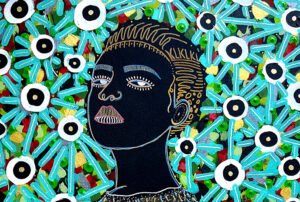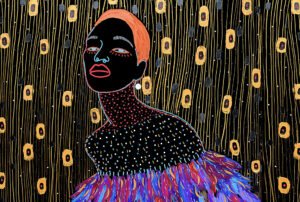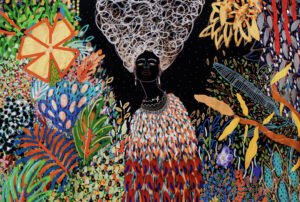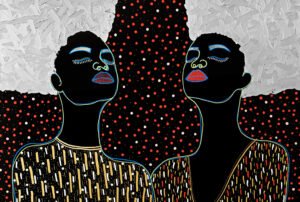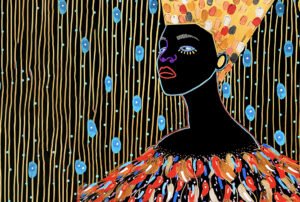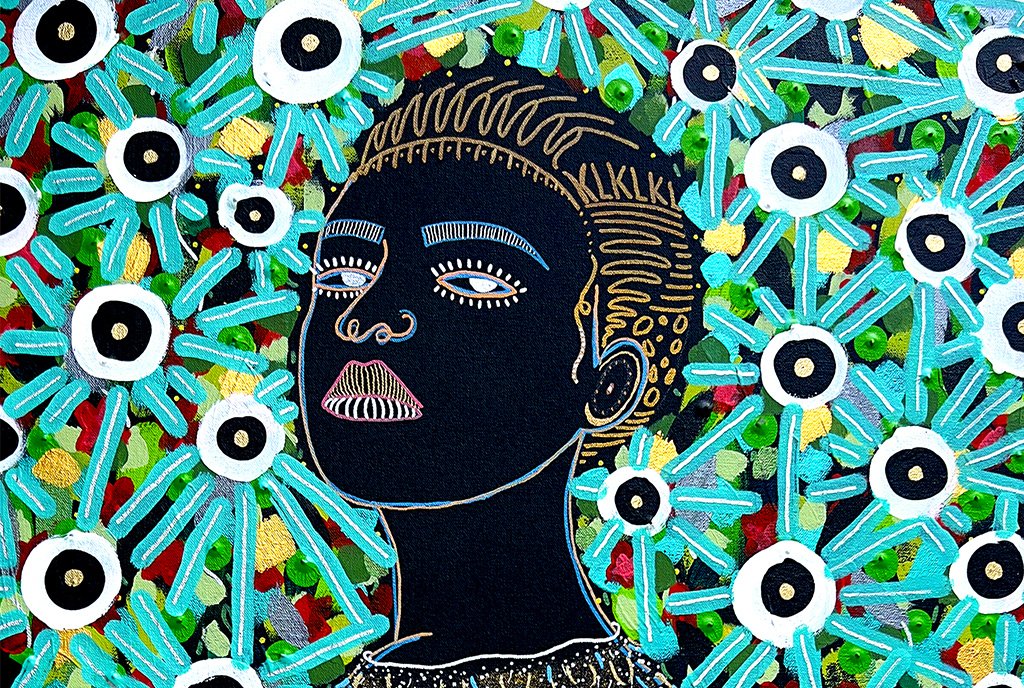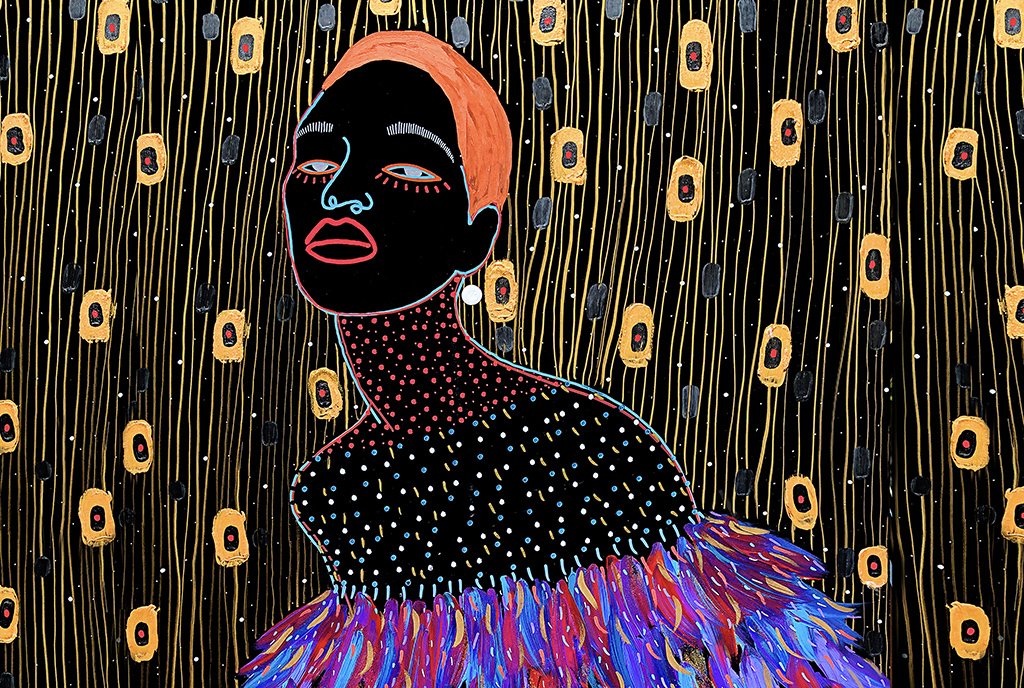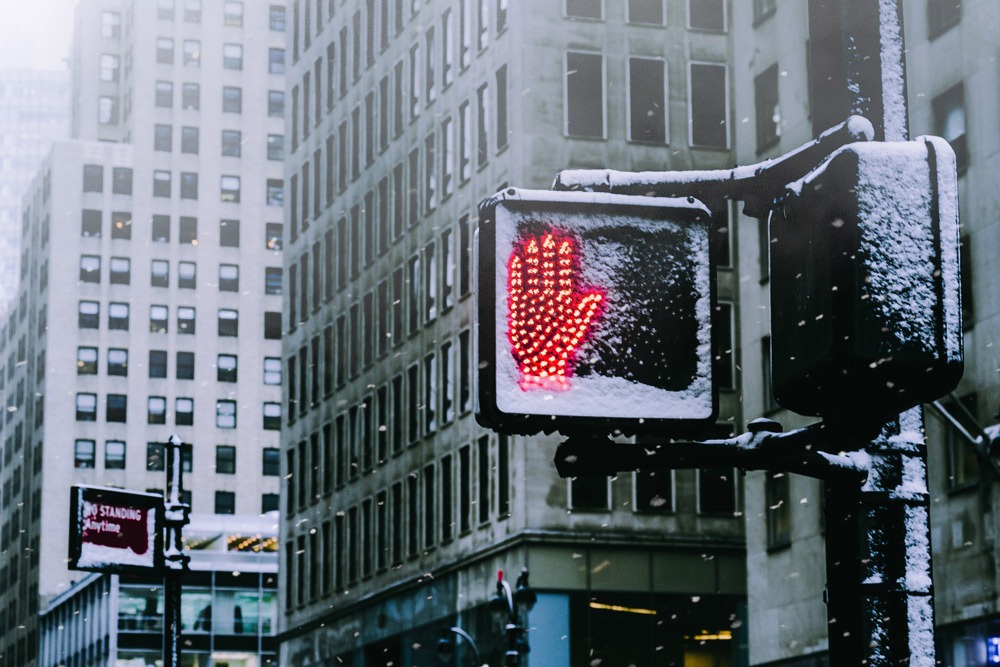
“I believe that no white woman reared in the South—or perhaps anywhere in this racist country—can find freedom as a woman until she deals in her own consciousness with the question of race.”
—Anne Braden, A Letter to Southern White Women, 1972
How are people like me—white women—complicit with white supremacy? That is one of the disquieting questions that more than 1,000 white women across the country have wrestled with as participants in one of the more than 40 rounds of the training and support series, Finding Freedom: White Women Taking On White Supremacy. This five-part workshop is unique in its sharp focus on anti-racism organizing directed exclusively at US white women—not just a caucus, coaching, or schooling space—but as a place to build the back bench required for white women to take on the often-risky work of fighting racism in their own spheres of influence—whether at work, worship, volunteering, socializing, or family gatherings.
Co-designers and facilitators Evangeline Weiss and Kari Points started Finding Freedom in 2016, convinced that well-meaning white women were too often entering BIPOC-led spaces in ways that were disrespectful, presumptuous, and ill-informed.
Indeed, for decades, leaders of color—ranging from James Baldwin and Malcolm X to present-day author/activists Charlene Carruthers, Rev. Angel Kyodo Williams, and Darnell L. Moore, to name a few—have called on white Americans to step up and dismantle white supremacy in their own communities. As the late Nobel Prize-winning author Toni Morrison put it back in a 1993 interview, “my feeling is that white people have a very, very serious problem, and they should start thinking about what they can do about it. Take me out of it.”
In their work, Weiss and Points have sought to take these calls to action to heart. Begun as in-person weekend retreats in Durham, North Carolina, in the past two years, with the COVID-19 pandemic, Finding Freedom has morphed into a virtual experience for 40 white women of all ages, locales, and backgrounds for five weekly two-and-a-half hour sessions. “Our first online workshop debuted on May 19, 2020,” recalled Points, “and George Floyd was murdered six days later. His murder and the uprising that followed were the main reason for our subsequent growth.”
Weiss and Points see Finding Freedom as an early step in a long journey. “It’s not about figuring out you’re a racist and stopping there.” First, it’s about understanding how patriarchy and homophobia are intricately intertwined with racism, how white women are complicit in upholding these structures, and how white women—if they are to be effective in their antiracism work—must convince other white women in their lives to act courageously in their own spheres of influence. Certainly, white women have a role to play in multiracial spaces, flanking leaders of color, pulling back when appropriate, and building relationships grounded in respect. But, most importantly, white women have their own work in their own spaces to do. And this takes practice.
Finding Freedom is undergirded by these five beliefs and values:
Sign up for our free newsletters
Subscribe to NPQ's newsletters to have our top stories delivered directly to your inbox.
By signing up, you agree to our privacy policy and terms of use, and to receive messages from NPQ and our partners.
- Liberatory mutual aid. An anthesis to charity models, mutual aid is about sharing resources to support each other, understanding our interdependence, and firmly believing that we benefit individually when everyone has all the resources that are needed. “This work is not about saving anyone else,” explains Weiss. “I’m trying to save my own integrity and spirit…. I can only be free when racism is dead and gone.”
- Community. White women can’t do effective antiracism work in isolation. “We need a community that has our backs—that will support and inspire us to keep going. You can’t be the only one in your workplace, boardroom, worship space, book club, family gathering, neighborhood platform.”
- Somatics. Finding Freedom is not just an intellectual or emotional experience. Somatics—the study and practice of being attuned to the body—is central to the Finding Freedom experience. Our bodies hold information, memory, wisdom, and trauma. And that knowledge is critical to recognizing, reacting, acting, and healing. As North Carolina community organizer Sendolo Diaminah remarked last year to NPQ, “Our bodies aren’t just vehicles that take us to meetings. Our hopes, our fears, our dreams live in our bodies. And if we want to actually build a new and a bigger ‘we,’ that means being present to the emotions.” Weiss and Points share this philosophy, so a part of each of the five sessions is spent on examining how our bodies react when we encounter/participate in/survive racism.
- Ancestors. We build upon our ancestors, whether kin or not, noble or flawed. Look to the late Anne Braden of Louisville, Kentucky, an early white ally of the southern civil rights movement, and build on her positive example as a staunch supporter of the Student Nonviolent Coordinating Committee (SNCC) in the South, certainly. But white women must also understand where we came from and how our ancestors fit into our nation’s racist history. “They’re my people,” says Points. “If I’m going to figure out what type of ancestor I will be, I need to know who my ancestors were. The past is as messy as the present.”
- Differences. White women—differentiated by age, class, religion, gender orientation, and geography—show up differently when it comes to their experiences and perspectives on white supremacy and its dependence on patriarchy and misogyny. Queer women occupy a critical place in Finding Freedom—both Weiss and Points are queer, as are a generous proportion of participants. The recruiting material is clear: “We warmly welcome lesbian, queer, gender-nonconforming, non-binary, and trans workshop participants, as well as mixed-race or white-presenting people who are interested in exploring the intersection of white womanhood and white supremacy.”
Co-founders Weiss and Points contend that the differences among the participants—class, geography, sexual identity, formal education, religion and more—are “enormously generative, opening up conversations, ideas, conflicts, and questions that wouldn’t surface in a more homogenous group. But they also note that queer women and genderqueers are at the forefront of anti-racism work in this country and that is not a coincidence. “Being a queer and a dyke means that we have some emotional distance from the intersection of patriarchy and white supremacy…and that gives us the room to ask some very pointed questions that are grounded in decades of our feminist community, analysis, and organizing.”
Finding Freedom’s five sessions incorporate these frameworks. The first session sets the stage, building community and accountability through the activation of “high-five buddies” and pods. The second session engulfs participants in the intersecting oppressions of racism, misogyny, and patriarchy. Participants are asked to grapple with hard questions, such as: What do we have in common with Carolyn Bryant, the 21-year-old white woman from Money, Mississippi who condemned 14-year-old Emmett Till to a violent death? How have we supported the trope of fragile white womanhood needing protection from the Black male predator? What can be learned from this legacy?
The third session is about collusion and how white women use their whiteness and privilege to step away from hard conversations. In many venues, white men make the rules and white women enforce—as nurses, teachers, human resource (HR) professionals, nonprofit workers, and leaders. What are the gaps between our professed values and how we show up as white women?
Session four is about resistance and begins with a focus on participants’ shame as white women who continue to perpetuate white supremacy. Shame immobilizes us and we must push through. Session five is about taking actions in those white spaces where we are welcomed and trusted and in which we need to take bigger risks for racial justice.
But this series of workshops is just the beginning for Finding Freedom. Though their long-term impact remains to be determined, Weiss and Points point to anecdotal evidence of alumni running for office and starting anti-racist organizations, the continued growth of their mailing list and Mighty Networks, sustainability of the pods and High Five Buddy connections a year or more afterwards, and robust sign-ups for refresher workshops. Plus, Finding Freedom has successfully raised significant funds from participants to continue the work—clearly a sign of alumni’s desire for the work to deepen and continue.
Weiss and Points are expanding on the work, providing different doors to enter this community. Seventeen alumni have graduated from a 38-hour “train the trainer” program and are now offering the series on their own to their own networks of white women across the country. Points is planning a new series for white women to wrestle with their genealogy and its relationship to white supremacy. Weiss is planning a set of workshops focusing on white women and Judaism, and on anti-Semitism and anti-racist spaces. Both are planning to delve more deeply into the unique role of class in this country and that “it is not just one more ‘ism’ but something that deeply informs our ‘whiteness’.” And both are offering a Finding Freedom 2.0 beginning in February 2022 called the YES lab, also known as “where perfectionism goes to die” for alumni to debrief and practice this work in their own white women’s spaces.
Weiss and Points are not seeking to build an organization nor a nonprofit beholden to foundations. Rather, they envision a movement for white women to resist white supremacy; patriarchy; and yes, capitalism, at all the possible tables where white women sit. “We’re part of the broad river that is the anti-racism movement. We’re a tributary…. We’re bringing Anne Braden’s legacy forward,” enthuses Weiss.



